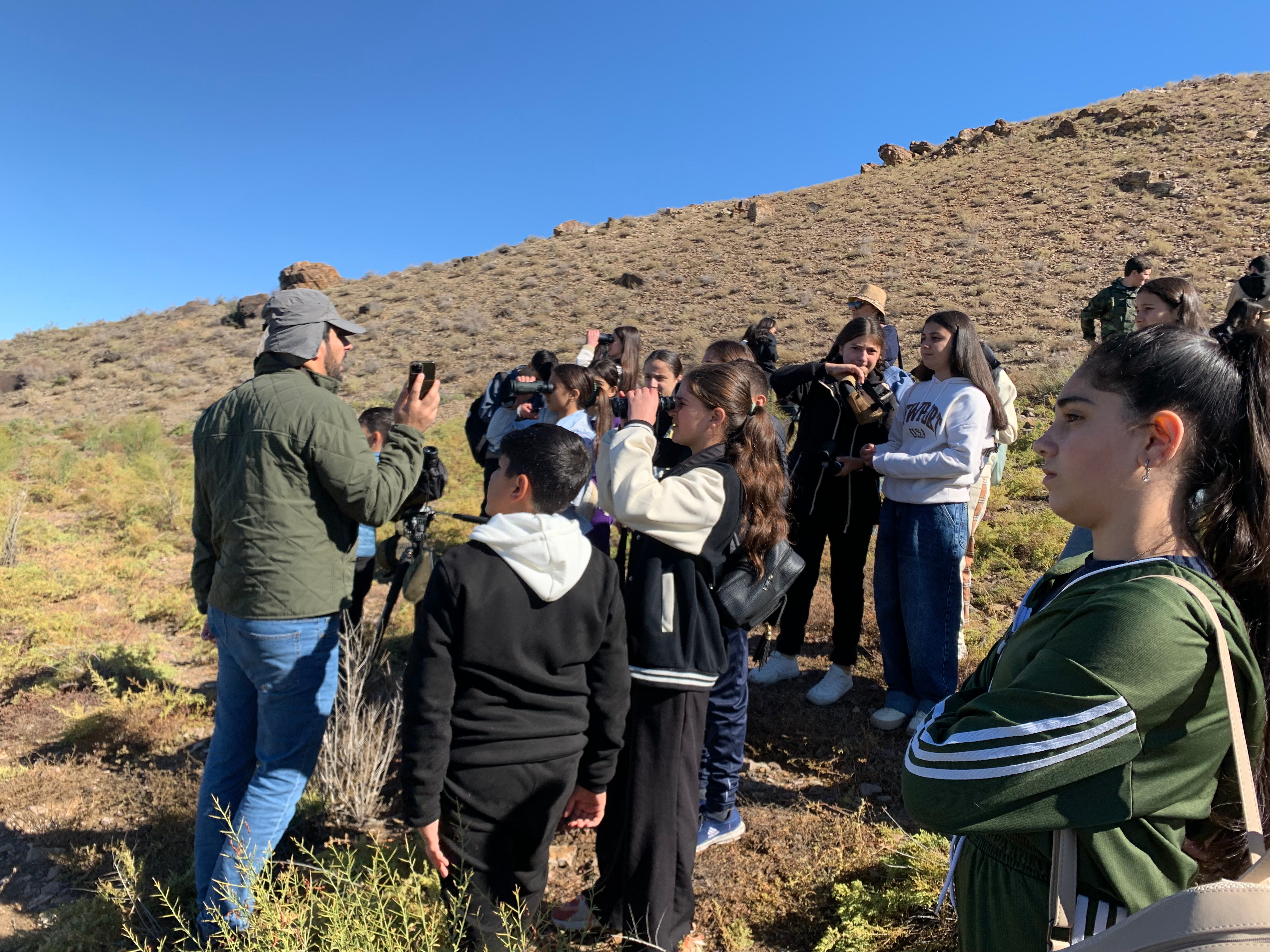"Green Ambassadors" Program in Nor Kyank, Yeghgnavan, and Goravan Communities

With the support of the U.S. Forest Service, the Foundation for the Preservation of Wildlife and Cultural Assets (FPWC) successfully launched the "Green Ambassadors" program on September 18, 2024 in the Nor Kyank, Yeghgnavan, and Goravan communities. The main goal of the program is to promote youth engagement in environmental education and community development processes.
Program Implementation Team
The program is led by Artur Zakare Harutyunyan, Lusine Karapetyan, Narek Ohanyan, and Vahe Salahyan. Their expertise and dedication played a crucial role in the successful execution of the program.
Series of Training Sessions and Events
A series of training sessions and events were conducted as part of the program, aimed at developing the knowledge and skills of the youth:
- Local Self-Government and Youth
Participants became acquainted with the structure and functioning of Local Self-Government Bodies (LSGBs). They learned about decision-making mechanisms and explored how they could actively participate in community governance by raising their voices and proposing new ideas for community development.
- Climate Change
The youth were introduced to the basics of climate science, the greenhouse effect, and the impact of CO₂ on the atmosphere. Discussions covered the risks of climate change and possible solutions such as emission reductions, carbon sequestration, and adaptation methods to contribute to environmental preservation.
- Biodiversity
This training emphasized the importance of natural diversity and the necessity of its conservation. Participants studied the role of ecosystems, the impact of human activities on the animal and plant kingdoms, and examined successful conservation programs, highlighting the importance of community involvement.
- Environmental Issues of Armenia
The main ecological challenges facing the country were discussed, including deforestation, the impact of mining, water pollution, and the decline in biodiversity. The youth acquired practical skills and knowledge to participate in solving these issues and developing community initiatives.
- Excursion to Khor Virap Wetland and Birdwatching
An excursion was organized to the Khor Virap wetland, where participants had the opportunity to observe and identify more than ten bird species. They learned about the ecological significance of the wetland, understanding that it is an important stopover for many migratory birds and plays a significant role in preserving regional biodiversity.
- Tree Planting
At the conclusion of the program, a tree-planting event was organized, during which the youth actively participated in nature conservation efforts. This initiative not only contributed to the greening of the communities but also promoted a sense of responsibility toward the environment among the participants.
Conclusion
The "Green Ambassadors" program is a significant step for the youth of the Nor Kyank, Yeghgnavan, and Goravan communities, contributing to the development of their environmental knowledge and community engagement. The successful launch of the program indicates that such initiatives can be ongoing and serve as an example for other communities, promoting sustainable development and environmental preservation.
Acknowledgments
Special thanks to the U.S. Forest Service for their support and to all the program facilitators—Artur Zakare Harutyunyan, Lusine Karapetyan, Narek Ohanyan, and Vahe Salahyan—who contributed to the successful start of the program.
